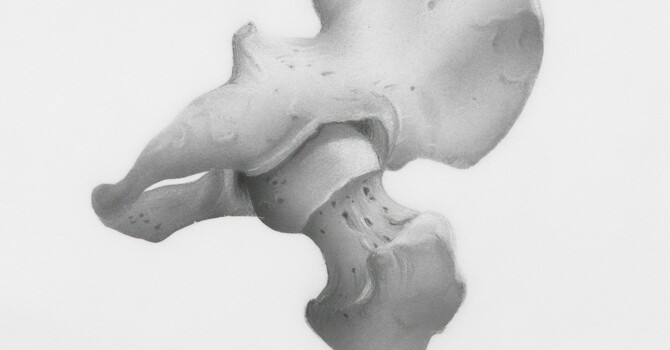
Your pelvic floor muscles play a vital role in your core stability, bladder control, and sexual function — yet they often go overlooked until something feels wrong. Pelvic floor physiotherapy is a specialized branch of physiotherapy that can help you regain strength, improve function, and reduce pain and discomfort in the pelvic region.
What is Pelvic Floor Physiotherapy?
Pelvic floor physiotherapy is a non-invasive therapy that focuses on assessing and treating the muscles, connective tissues, and nerves of the pelvic floor. A trained physiotherapist uses a combination of hands-on techniques, exercises, education, and lifestyle advice to help improve muscle coordination, strength, and relaxation as needed.
Benefits of Pelvic Floor Physiotherapy
Improves bladder and bowel control
Reduces pelvic pain and discomfort
Supports recovery after childbirth or surgery
Enhances sexual health and function
Promotes better posture and core stability
Common Issues It Treats
Pelvic floor physiotherapy can address a wide range of issues in both women and men, including:
-
Urinary incontinence or urgency
-
Pelvic organ prolapse
-
Postpartum recovery and diastasis recti
-
Pelvic pain syndromes (e.g. painful intercourse, vulvodynia, prostatitis)
-
Constipation and bowel dysfunction
-
Post-surgery recovery (e.g. prostatectomy, hysterectomy)
-
Pregnancy-related pelvic pain or instability
The Treatment Process
Your physiotherapist will first conduct a thorough assessment, which may involve discussing your history and symptoms, evaluating your posture and breathing, and — if you consent — gently examining the pelvic floor muscles.
Based on your assessment, they’ll create a personalized plan that may include:
-
Pelvic floor exercises to strengthen or relax muscles as needed
-
Manual therapy to release tension and improve mobility
-
Breathing techniques and posture education to reduce strain
-
Bladder and bowel habits retraining
-
Lifestyle and activity advice
Treatment is usually hands-on, one-on-one, and provided in a safe, comfortable environment. Progress is closely monitored, and the program is adapted as you improve.
Potential Side Effects
Pelvic floor physiotherapy is considered very safe. However, you may experience mild soreness or discomfort after exercises or manual therapy as tissues adjust. Serious complications are extremely rare. Always communicate openly with your physiotherapist so they can adjust techniques as needed for your comfort and safety.
Conclusion
Pelvic floor physiotherapy is an empowering, effective way to address a range of sensitive yet common health issues. Whether you’re recovering from childbirth, dealing with persistent pain, or simply hoping to regain confidence and control, a specialized pelvic health physiotherapist can help you move toward better function and quality of life.



